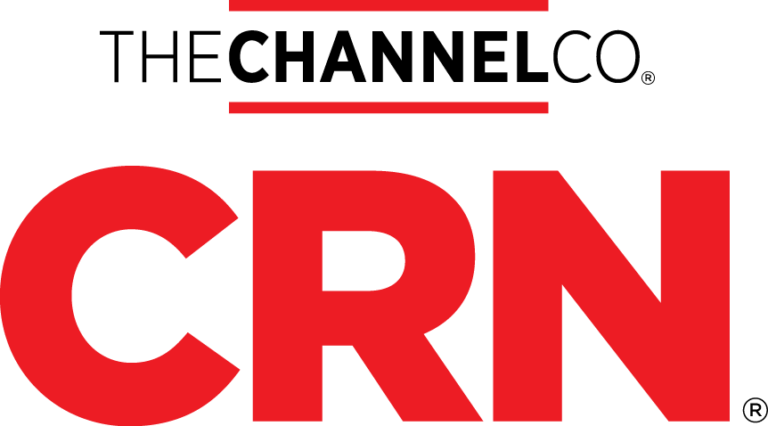BOSTON (PRWEB) JUNE 21, 2018
Today, the Supreme Court ruled that states and local governments can collect sales tax from businesses that have no people or property in their jurisdiction, overruling Quill Corporation vs. North Dakota, a decades-old legal precedent. This ruling opens the door for governments to collect more than $8 billion dollars in tax from e-commerce sales that were previously off limits. The following commentary is from Charles Maniace, global head of regulatory analysis at Sovos, a leading global provider of software for modern tax and the only Streamlined Sales and Use Tax Agreement-certified solution for large enterprises and small businesses alike.
“We are officially in a new era of sales tax. What we have considered to be a foundational principle that defines where businesses must collect and remit sales tax, are now entirely out the window. States now have almost a blank slate on which to write, and businesses will face a wave of new rules for tax compliance,” Maniace said.
“There is, however, still a standard for when businesses will have to charge and remit tax: a ‘substantial nexus.’ What does and does not qualify as substantial nexus will be defined over the next few years, but what we do know is that ‘substantial’ no longer means ‘physical,’ and that’s a huge change.”
What do e-commerce sellers need to know? “Any business that sells through e-commerce should pay close attention to state rules, especially in the 20 states that have introduced the same or similar rules as South Dakota. Businesses that sell through e-commerce channels will need watch each state in to which they sell goods for new laws that are sure to come quickly, and they will have to monitor whether those states’ will be litigated under this revived standard set by Complete Auto Transit, Inc. v. Brady and Pike v. Bruce Church Inc.”
What do states need to know? “States now have the ability to articulate that they have a reasonable standard to establish whether a business has substantial nexus that would require it to pay sales tax. In order to pass this standard, the rule must be reasonable and tax compliance must be manageable. The Court was clear to point out that South Dakota created a standard that does not burden commerce. They have a fairly simplified and uniform sales tax structure, their nexus law excludes small sellers, and as a Member State of the Streamlined Sales tax Agreement, they provide taxpayers with affordable software solutions.”
“In today’s ruling, the Supreme Court discusses software as a means for easing the burdens of sales tax on businesses of all sizes, which seemed to be a key factor in the ruling.”
What role will software play moving forward? “It’s clear the court appreciated the nature of the South Dakota rule, which set a clear threshold for substantial presence and simplified its sales tax regime, including years of work as a member of the streamlined sales tax initiative, of which Sovos has been a part of for more than a decade. This ruling makes it clear that software is an important part of making sales tax compliance manageable and affordable, and as the ruling mentions, many reliable and affordable solutions are currently available from vendors like Sovos. This ruling should drive further adoption of software, particularly among smaller businesses that have largely flown under the radar until now.”
What’s next in the regulatory environment? “We’ll likely see states quickly enacting existing rules and drafting new ones, but congress is the wild card. Everyone is waiting to see if they will step in to create a standard, which they have a right to do, or leave it to the states.”
About Sovos
Sovos is a leading global provider of software that safeguards businesses from the burden and risk of modern tax. As governments and businesses go digital, businesses face increased risks, costs and complexity. The Sovos Intelligent Compliance Cloud combines world-class regulatory analysis with a secure and reliable cloud software platform to create a global solution for tax determination, e-invoicing compliance and tax reporting. Sovos supports 4,500 customers, including half of the Fortune 500, and integrates with a wide variety of business applications. Headquartered in Boston, Sovos has offices throughout North America, Latin America and Europe. Sovos is owned by London-based Hg. For more information visit https://www.sovos.com and follow us on LinkedIn and Twitter.



